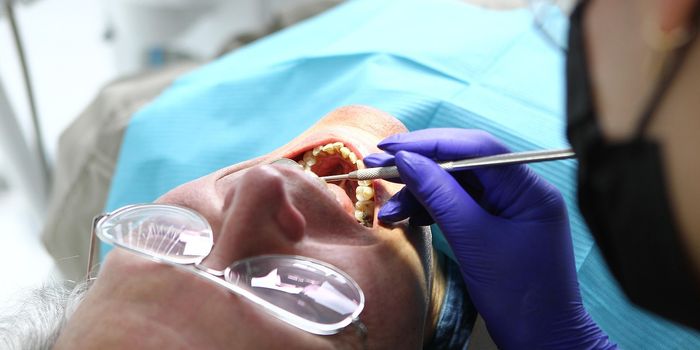Dopamine-enhancing Drug Combo Shows Promise for Alcoholism

Alcohol use disorder, also known as alcoholism, is the fourth leading cause of preventable death in the US after smoking, high blood pressure, and obesity. The condition affects around 11% of adults in the US, with national statistics suggesting that over 28 million adults aged 18 years have the condition. While treatments exist for the condition, they are only effective in a small subset of patients. New treatments are thus necessary.
The dopamine deficiency hypothesis suggests that alcohol cravings and intake are driven by dopamine deficiency. This in mind, the researchers behind the current study evaluated the efficacy and safety of two dopamine-enhancing drugs on alcohol intake among those with alcohol use disorder.
To do so, they recruited 384 individuals for a randomized, double-blind, placebo-controlled trial in Sweden. Patients were an average age of 57 years and had moderate-to-severe alcohol use disorder. The drugs studied were varenicline, which stimulates dopamine release via nicotine receptors, and bupropion, which helps the brain maintain dopamine levels after release. Participants were assigned to one of four groups in which they received either the combination treatment, one of the two drugs alongside a placebo, or the placebo alone for 13 weeks.
Ultimately, those receiving the combination therapy experienced the greatest reduction in alcohol consumption, although varenicline alone also produced a measurable effect. Nausea was the only safety concern, and was more common in the varenicline group than the combined group.
“We observed approximately twice the effect compared to currently available medications, which is highly promising. However, additional studies are required before the combination treatment can be approved for alcohol use disorder,” said study author, Bo Söderpalm, professor of psychiatry at the Sahlgrenska Academy at the University of Gothenburg, in a press release.
Sources: EurekAlert, The Lancet Regional Health-Europe








